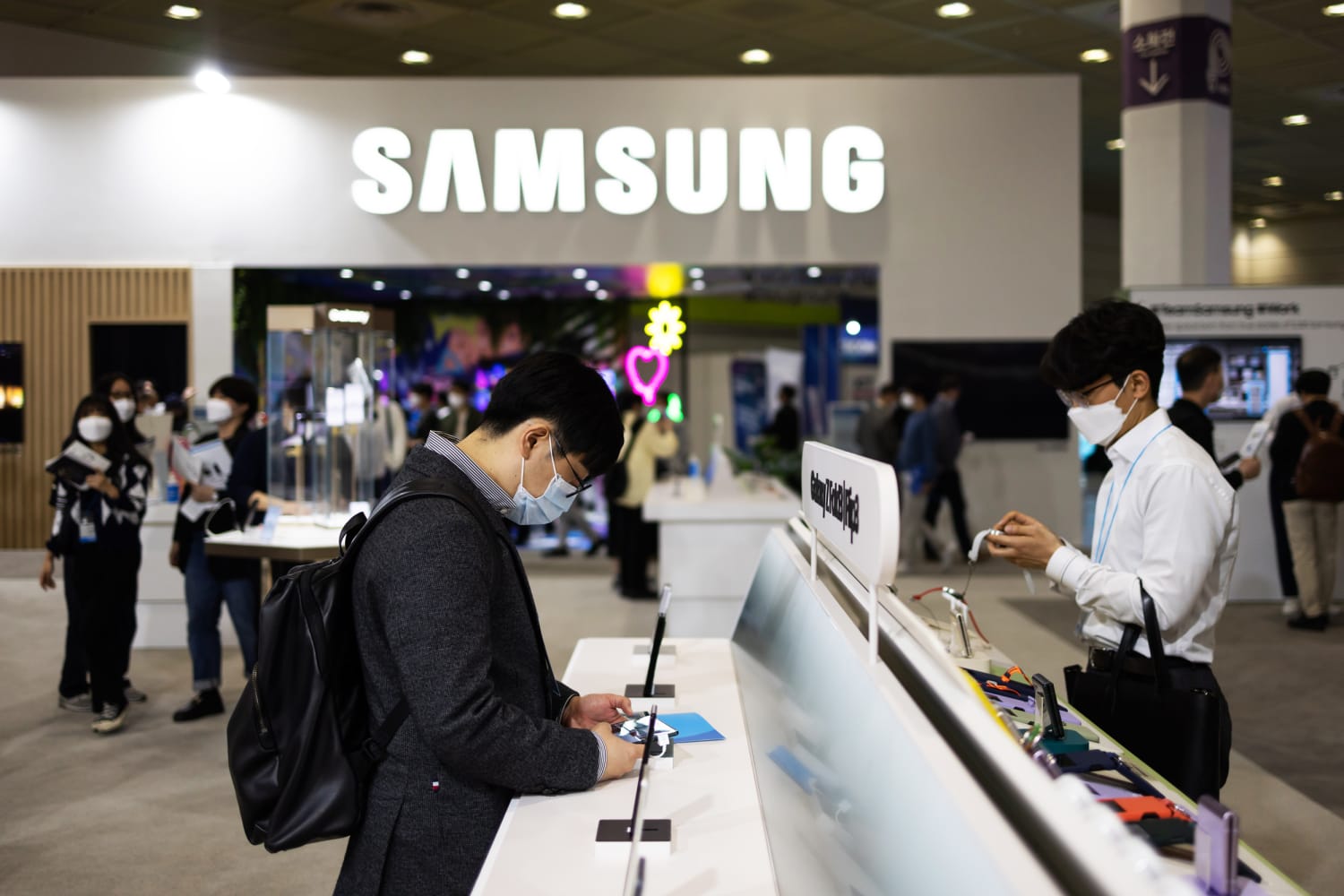Samsung is not ditching Google yet but may add ChatGPT to its own browser: Details

Samsung is not ditching Google yet but may add ChatGPT to its own browser: Details
Samsung, the renowned South Korean tech giant, is preparing for a possible showdown with Microsoft in the realm of artificial intelligence (AI). After Microsoft’s collaboration with OpenAI to incorporate ChatGPT into Bing, Samsung has dropped hints about integrating ChatGPT into its own Samsung Internet browser. The latest version of Samsung Internet includes code strings that suggest an experimental feature involving the chatbot AI, as discovered by Android Authority.
Although Samsung currently has no immediate plans to sever its ties with Google, this potential partnership with ChatGPT signifies Samsung’s efforts to enhance the capabilities of its browser and attract more users to its in-house internet browser. By incorporating advanced AI technology, Samsung aims to provide a more engaging and interactive browsing experience for its users.
Speculations surrounding the integration of ChatGPT into the Samsung Internet browser indicate that users can access ChatGPT’s capabilities directly within the browser. This potential integration could offer a range of features, as speculated by Android Authority. For example, users can obtain summarized versions of web pages or make queries without navigating to the AI’s dedicated website.

By incorporating ChatGPT into its browser, Samsung aims to enhance the browsing experience for its users by providing convenient and efficient AI-powered functionalities. These features would allow users to access AI-driven services seamlessly within the browser, eliminating the need for additional steps or external applications.
This integration aligns with Samsung’s strategy to offer innovative technologies and improve the usability of its in-house internet browser. While there is speculation about Samsung’s potential integration of ChatGPT into its internet browser, it is crucial to acknowledge that these plans have yet to be officially confirmed. Neither Samsung nor OpenAI has provided any specific details or timeline regarding the implementation of such integration.
One possible reason for Samsung’s interest in integrating ChatGPT into its browser could be related to addressing security concerns. In the past, the company banned the use of the AI tool on its systems due to perceived risks of sensitive information leakage. By exploring the integration of ChatGPT into its browser, Samsung may be seeking to mitigate these security risks and ensure better control over the usage of AI technologies within its ecosystem.
Integrating ChatGPT into the browser could give Samsung more oversight and control over how the AI tool is utilized, minimizing potential security vulnerabilities. By offering AI-powered features within its browser, Samsung can ensure that the interactions and data processing associated with ChatGPT are confined within its secure browsing environment.
However, it is essential to note that the exact motivations behind Samsung’s potential integration of ChatGPT into its browser are speculative. While security considerations could be a factor, other reasons may be driving Samsung’s interest in enhancing its browser’s capabilities through AI integration.
As the integration of ChatGPT into Samsung Internet is still unconfirmed, it remains to be seen whether and how the partnership between Samsung and OpenAI will materialize. Users and technology enthusiasts will need to await official announcements from both companies to better understand the potential collaboration and its specific objectives.
ChatGPT, developed by OpenAI, is a powerful language model that has gained popularity for its ability to generate text, provide translations, and answer questions across a wide range of topics. However, like any AI tool, there are potential security risks associated with its usage. Samsung, a major technology company, has expressed concerns about these risks and has taken measures to address them.

The decision to ban the use of ChatGPT on Samsung’s company systems came as a response to an incident where employees inadvertently leaked confidential information to the AI platform. This incident likely raised concerns about the potential for sensitive data to be exposed to third parties through ChatGPT. Samsung, a company that prioritizes data security and privacy, took a proactive stance to mitigate these risks.
By prohibiting the usage of ChatGPT on its company systems, Samsung aims to prevent any accidental or intentional leakage of confidential information. This decision underscores the importance of safeguarding sensitive data and protecting the company’s intellectual property. Samsung recognizes that AI tools, while highly capable, must be used with caution to avoid unintended consequences.
The concerns raised by Samsung highlight the need for robust security measures when utilizing AI models like ChatGPT. As language models become more sophisticated, they have the potential to generate highly realistic and convincing text, which could include sensitive or confidential information. Companies must be vigilant in implementing stringent security protocols and ensuring that employees are aware of the risks associated with AI platforms.
While Samsung’s decision to ban ChatGPT reflects its commitment to data security, it does not necessarily indicate a permanent disassociation from the technology. The company’s exploration of integrating ChatGPT into its internet browser suggests a continued interest in harnessing the capabilities of AI, albeit in a controlled and secure manner. By integrating ChatGPT within its browser, Samsung may be seeking to establish more oversight and control over the usage and potential information flows associated with the AI tool.
)
Ultimately, Samsung’s concerns about the security risks of using ChatGPT on its company systems reflect the broader need for responsible AI deployment. As AI technologies continue to advance, it is crucial for organizations to strike a balance between harnessing the benefits of these tools and safeguarding sensitive information. By implementing robust security measures and maintaining strict protocols, companies can leverage the power of AI while ensuring the protection of their data and maintaining the trust of their stakeholders.



